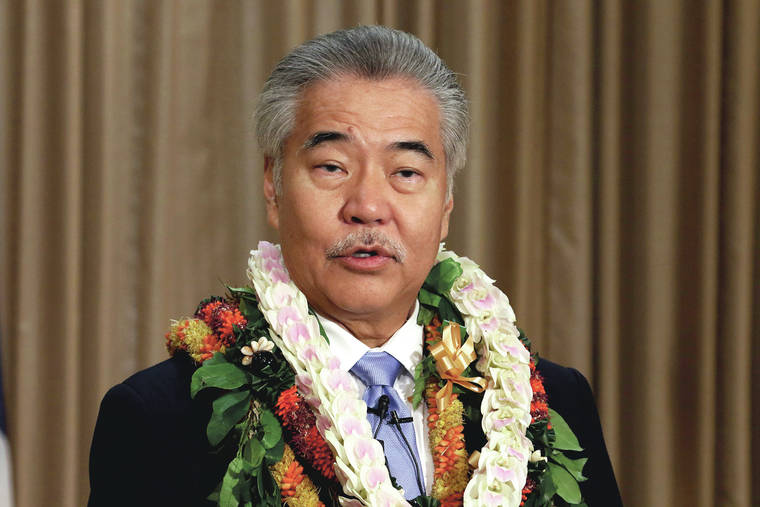New coronavirus infections and deaths in the U.S. are down dramatically from earlier highs, though more contagious variants are spreading. Most people are now are at least partially vaccinated, yet lingering hesitancy has slowed the pace and even caused some doses to go to waste.
So is the COVID-19 emergency over, or is it continuing?
That’s the question facing residents and business owners in many states as governors decide whether to end or extend emergency declarations that have allowed them to restrict public gatherings and businesses, mandate masks, sidestep normal purchasing rules and deploy National Guard troops to help administer vaccines.
In many states, those emergency declarations have been routinely extended by governors every few weeks or months since the pandemic began. But those decisions are getting harder to make — and the extensions harder to justify — as circumstances improve and state lawmakers press to restore a balance of power.
Already, governors, lawmakers or judges have ended emergency declarations in more than a half-dozen states. That includes South Carolina and New Hampshire, where Republican governors halted their emergency orders this past week.
More could join that list soon. About half the states had emergency orders set to expire before the Fourth of July. And over a dozen additional states have open-ended emergency orders, which could be canceled at any time by governors. Massachusetts has been in an indefinite state of emergency for 15 months. But Gov. Charlie Baker has said that will come to an end Tuesday. He credited the state’s high vaccination rate with helping turn the tide in the fight against the coronavirus.
“Unless something odd happens, I would say that it is pretty much over,” said Baker, a Republican.
Coronavirus emergencies also could expire Tuesday in Kansas and Vermont.
Top Republican lawmakers in Kansas, whose approval is needed for an extension, have signaled they won’t continue an emergency order issued by Democratic Gov. Laura Kelly, though she prefers it remain through August.
Vermont Gov. Phil Scott, a Republican, has said he will end all remaining emergency restrictions once 80% of eligible residents receive at least one dose of a COVID-19 vaccine — a threshold the state is close to reaching.
In many states, Republicans are leading the push to end emergency declarations, though it’s not entirely partisan. Some Democrats also have supported such moves, and some Republican governors have continued their emergency declarations. That includes Texas Gov. Greg Abbott, who extended an emergency declaration through July 4.
Hawaii Gov. David Ige, a Democrat, recently renewed his emergency declaration for 60 more days, through Aug. 6. The tourist-dependent state, which imposed quarantines on travelers that effectively shut down the tourism industry, has the nation’s lowest per capita COVID-19 case rate since the pandemic began and the highest unemployment rate. While some might cite that as a reason to lift emergency orders, Ige said it is too soon to do so.
“COVID-19 continues to endanger the health, safety, and welfare of the people of Hawaii,” Ige wrote while extending his emergency declaration.
In California, Gov. Gavin Newsom is ending most coronavirus restrictions effective Tuesday but is continuing his underlying emergency declaration. Though that might sound confusing to residents, the move allows Newsom to retain his power to suspend state laws, impose new rules and reinstate restrictions if coronavirus cases again spike.
“This disease has not been extinguished. It’s not vanished,” the Democratic governor said while explaining his ongoing emergency declaration.
That doesn’t sit well with legislative Republicans, who are in the minority.
“California’s vaccination rate is high and the COVID infection rate continues to decrease,” said Republican state Sen. Melissa Melendez. “It is time for the legislature to shake off the impotency the governor has imposed on the legislative branch of government and pass (the resolution).”






